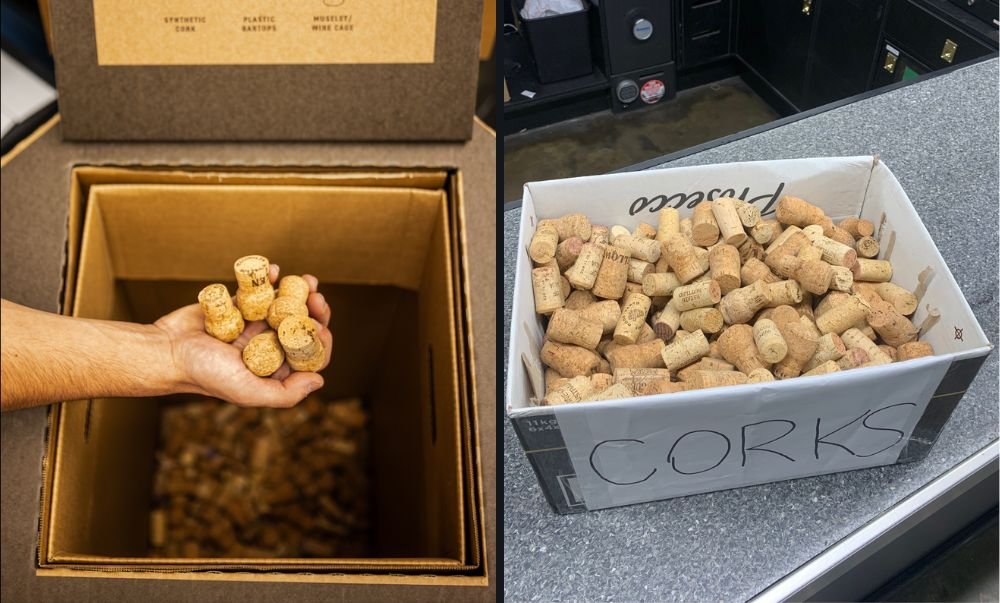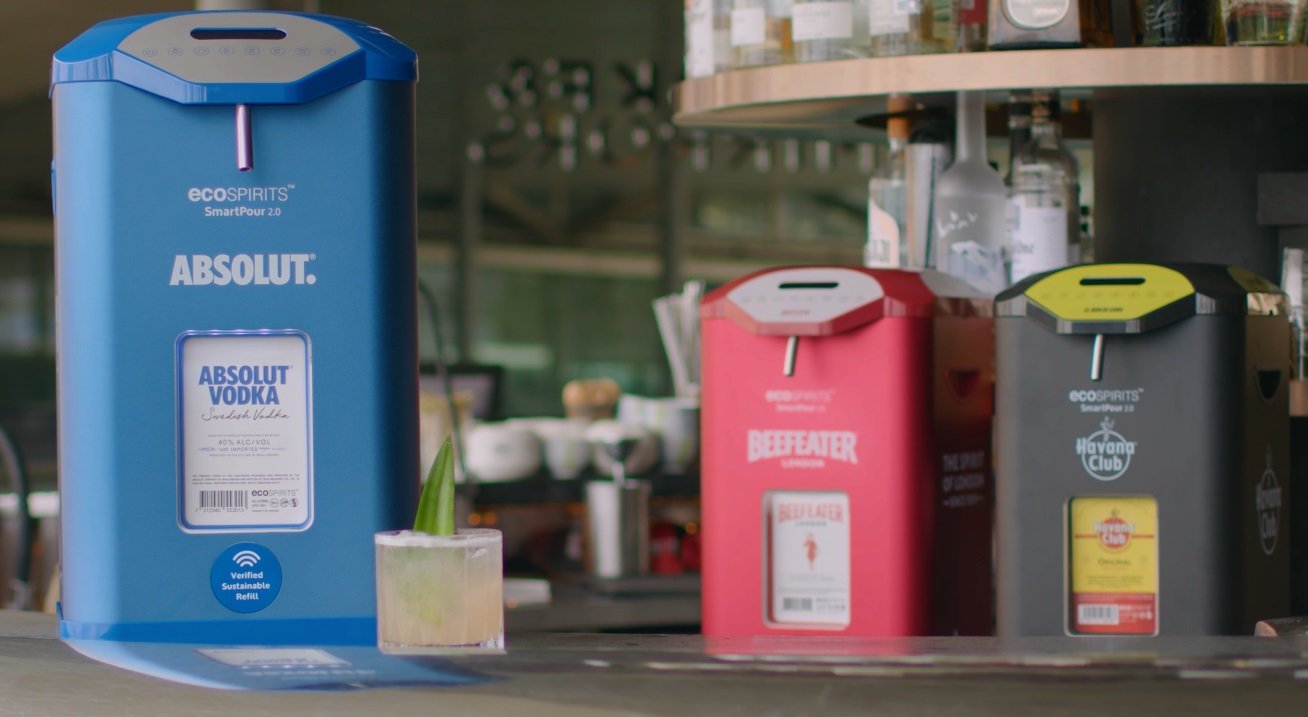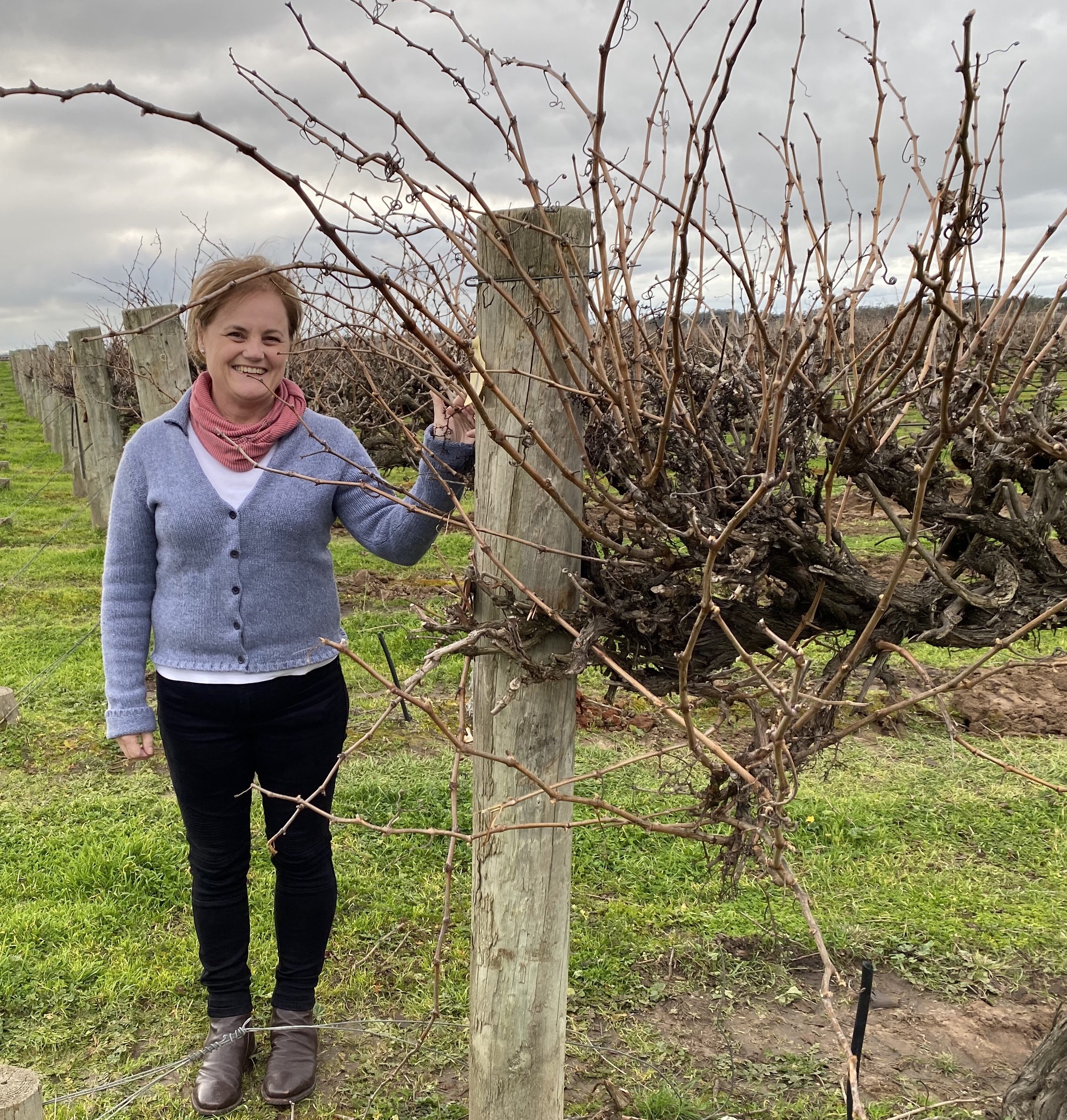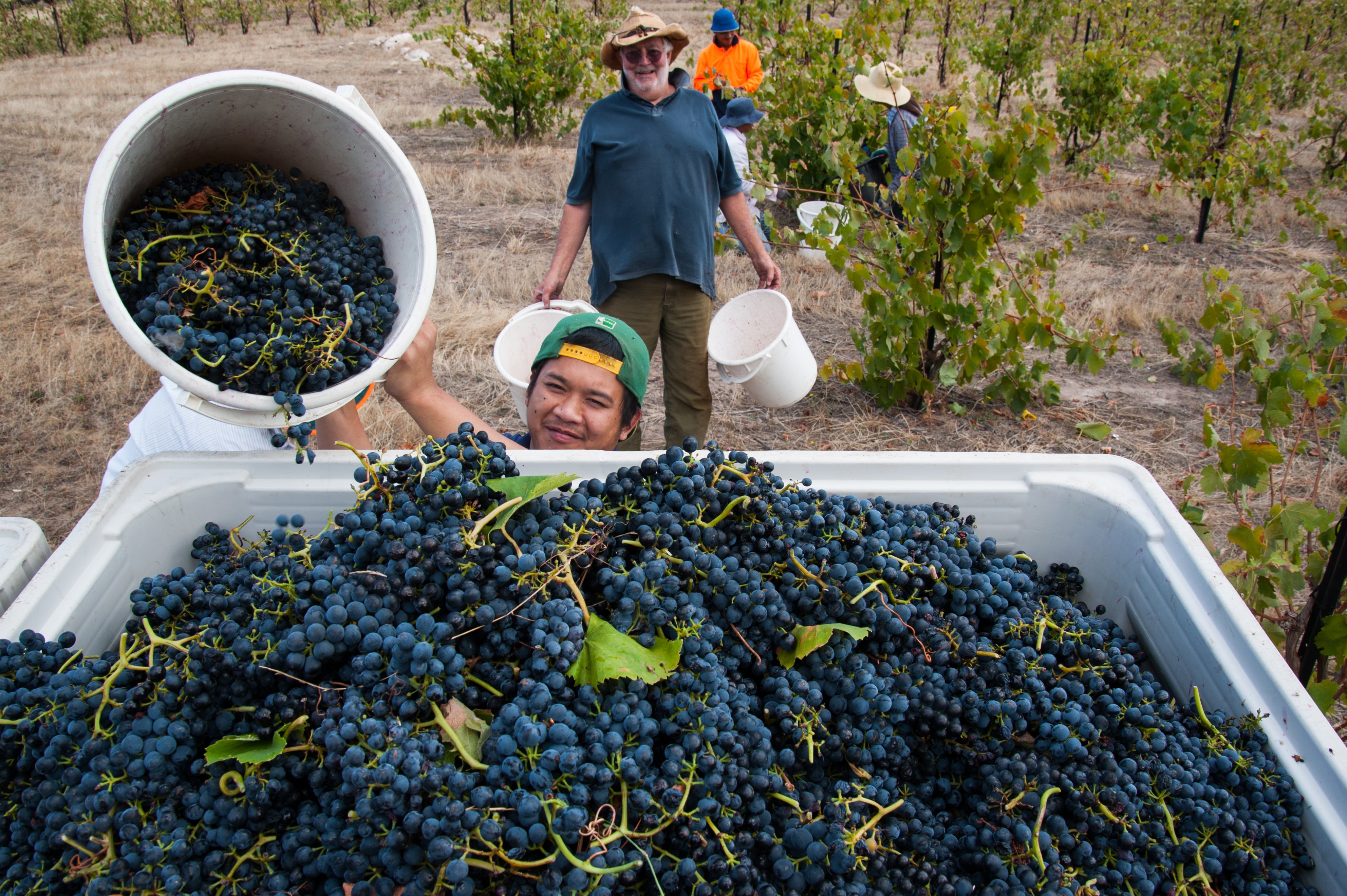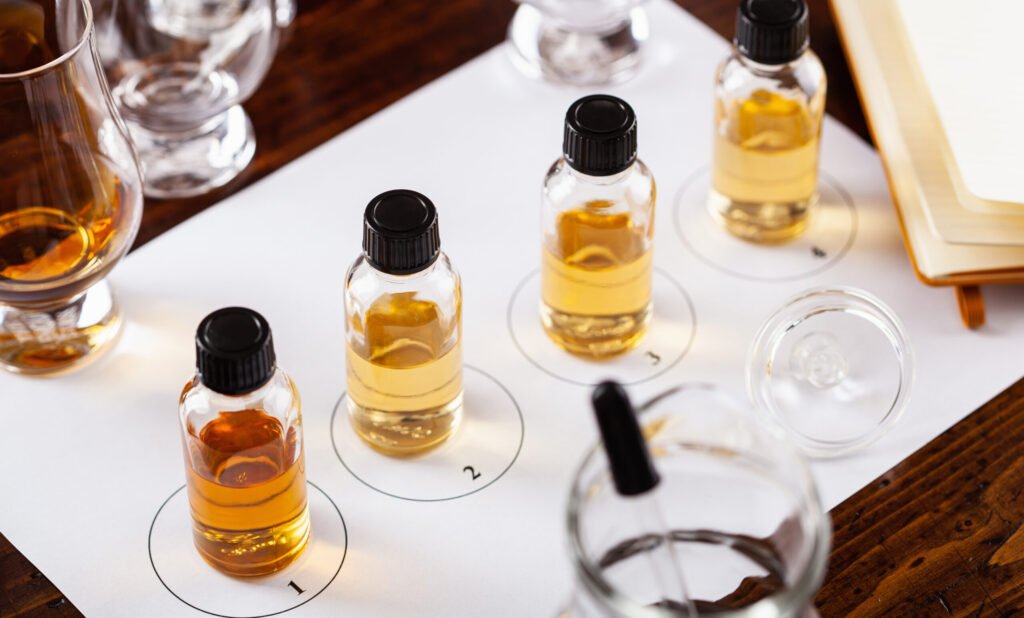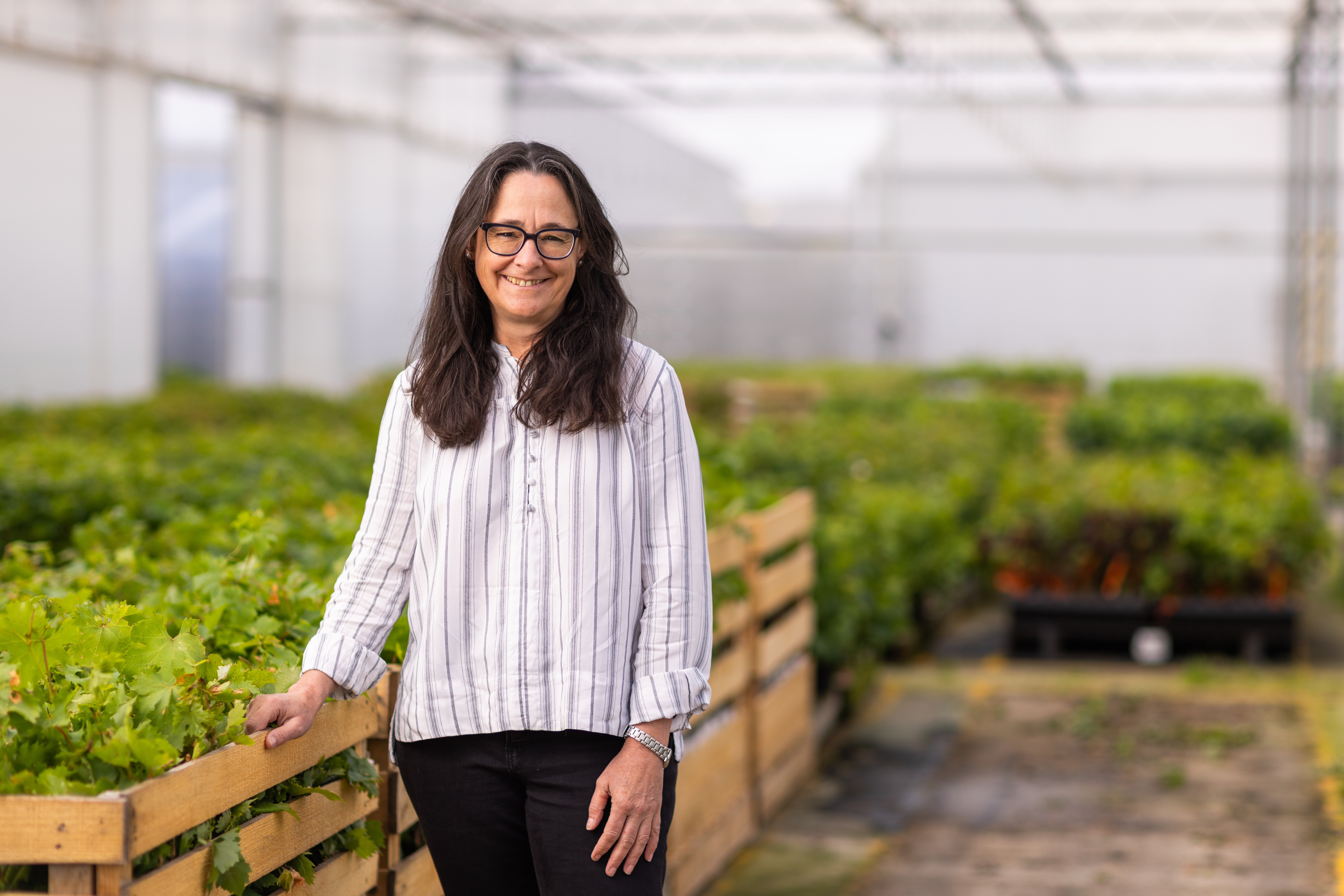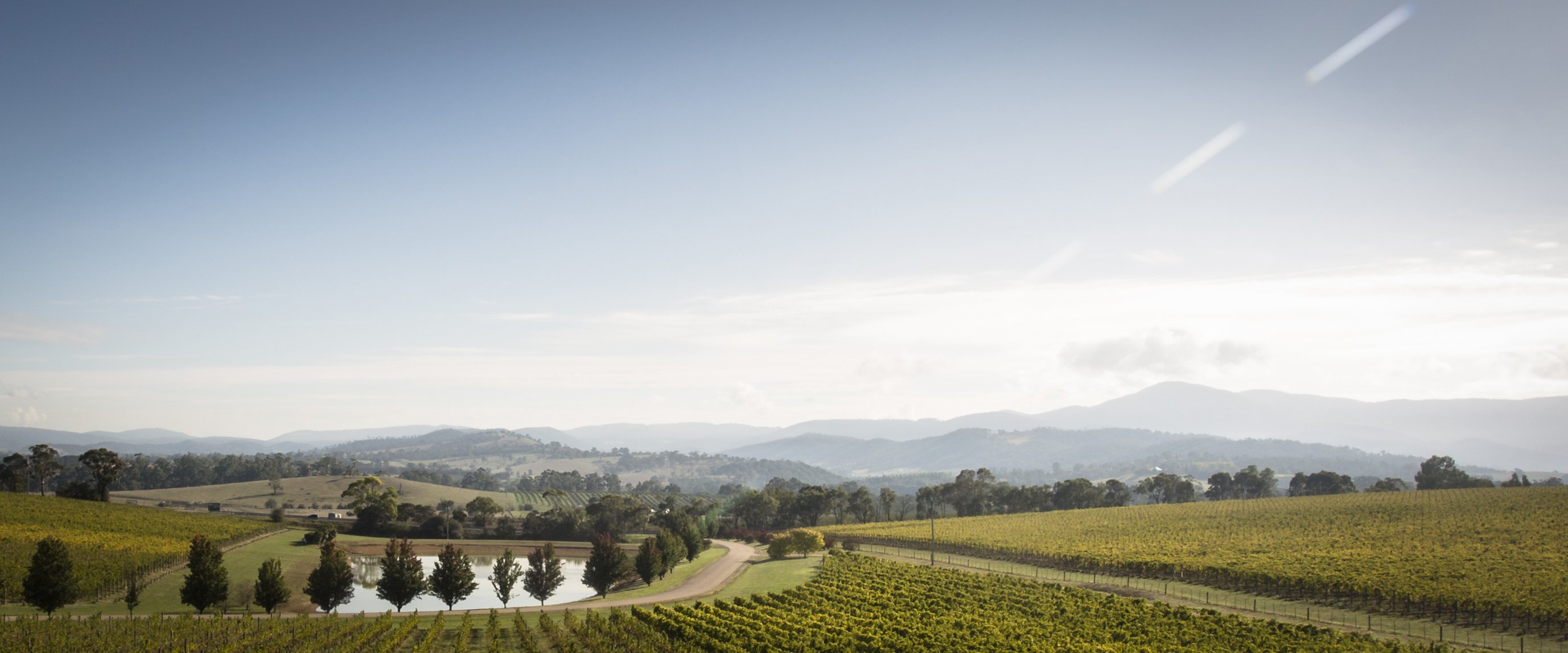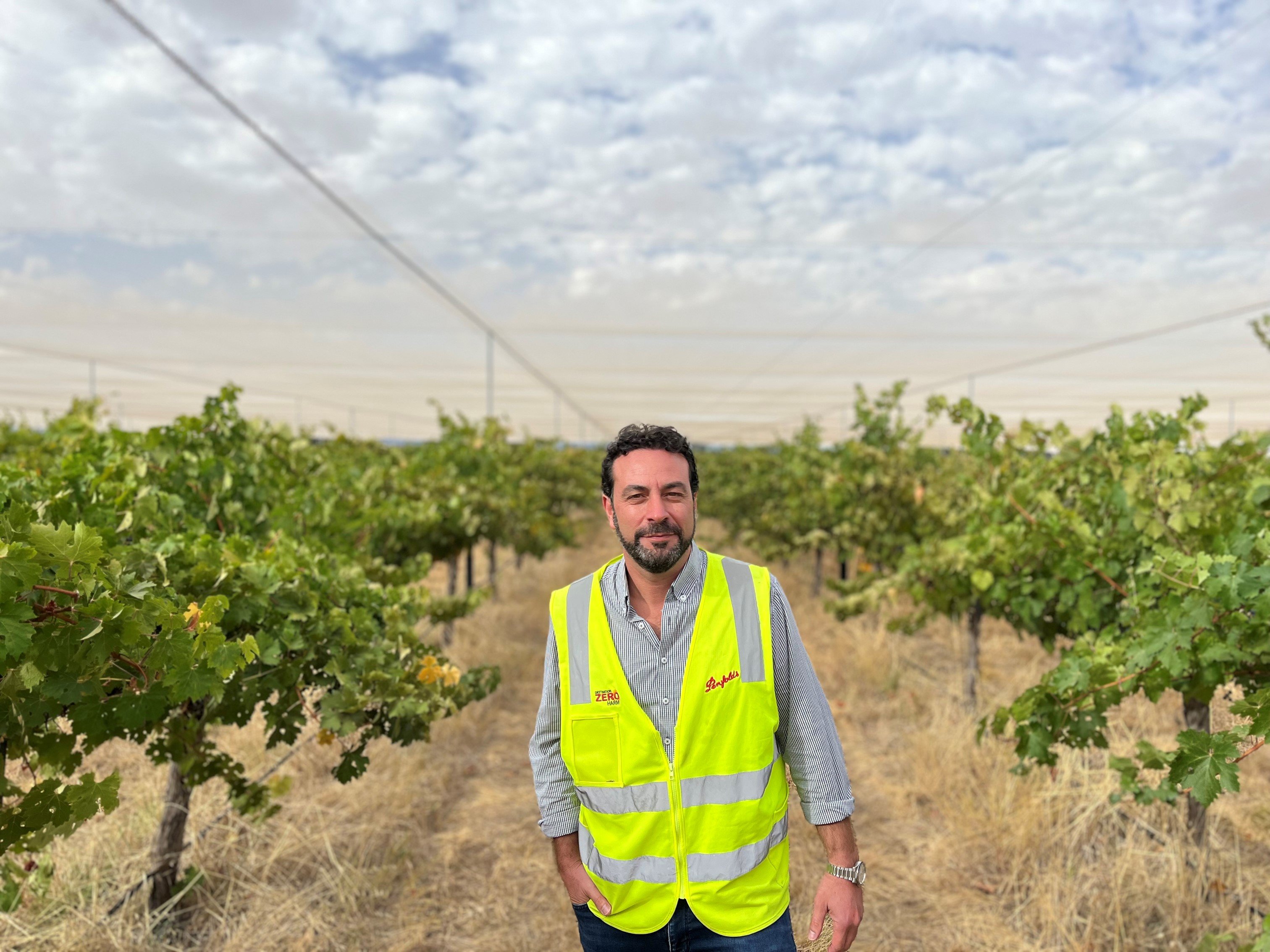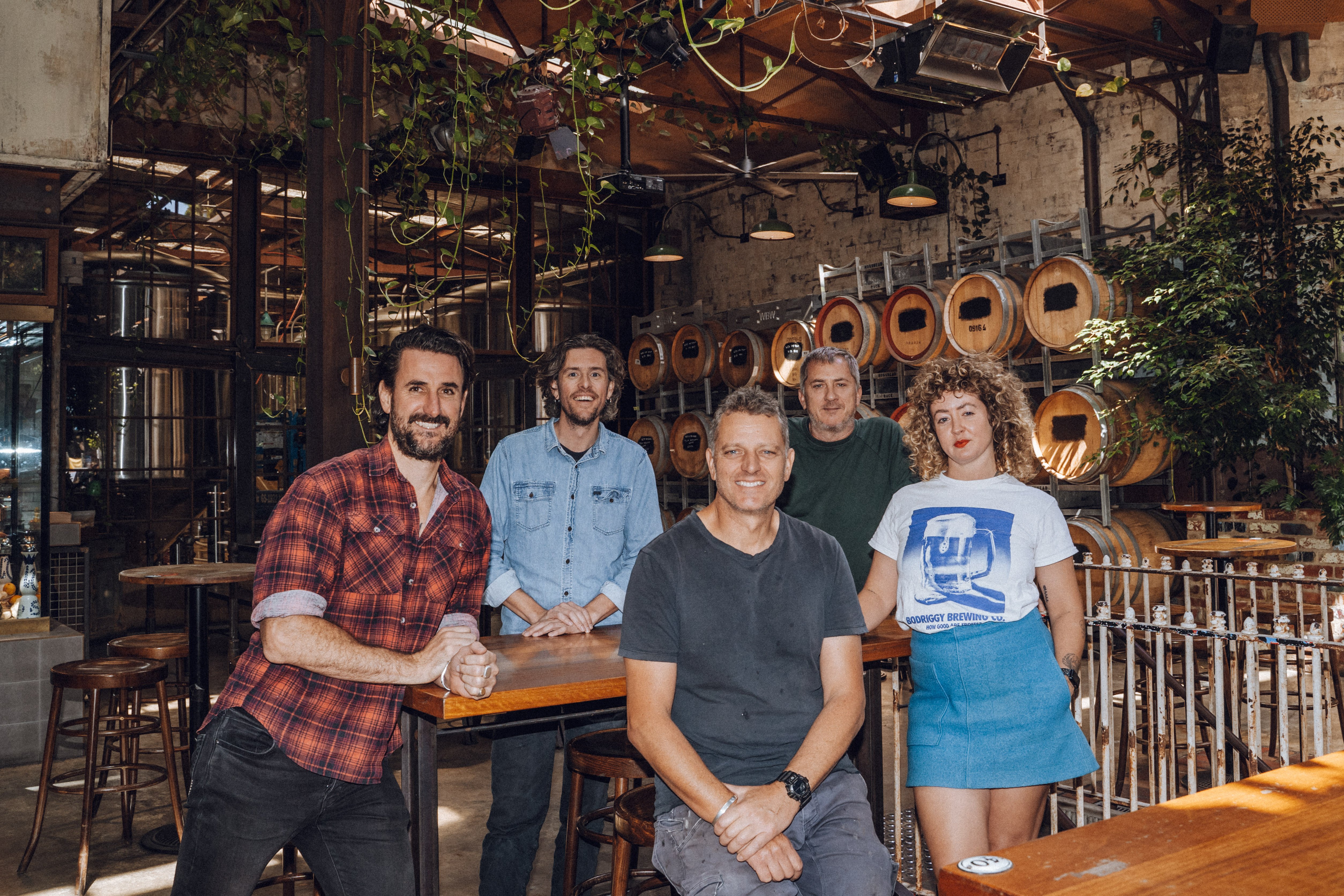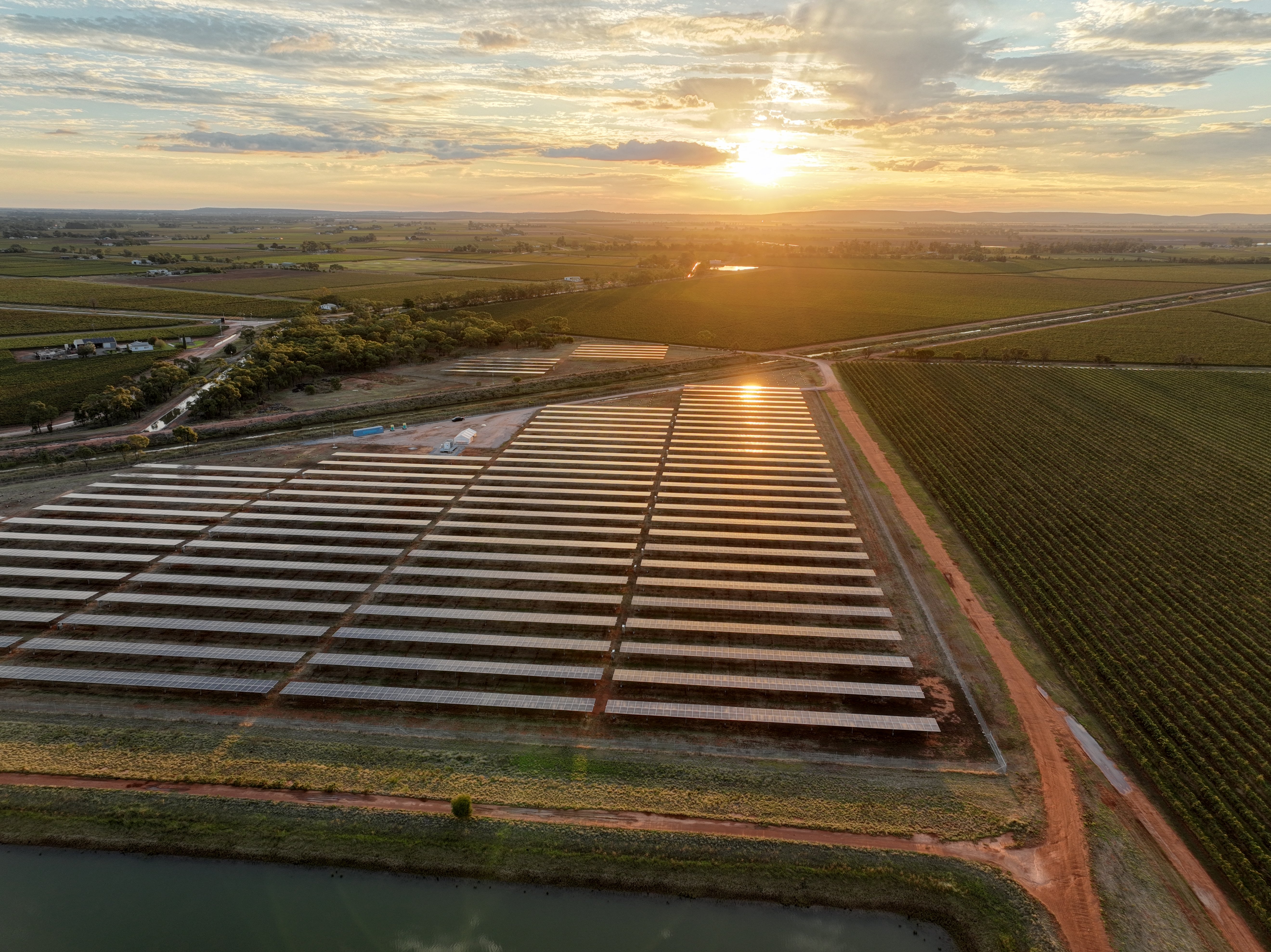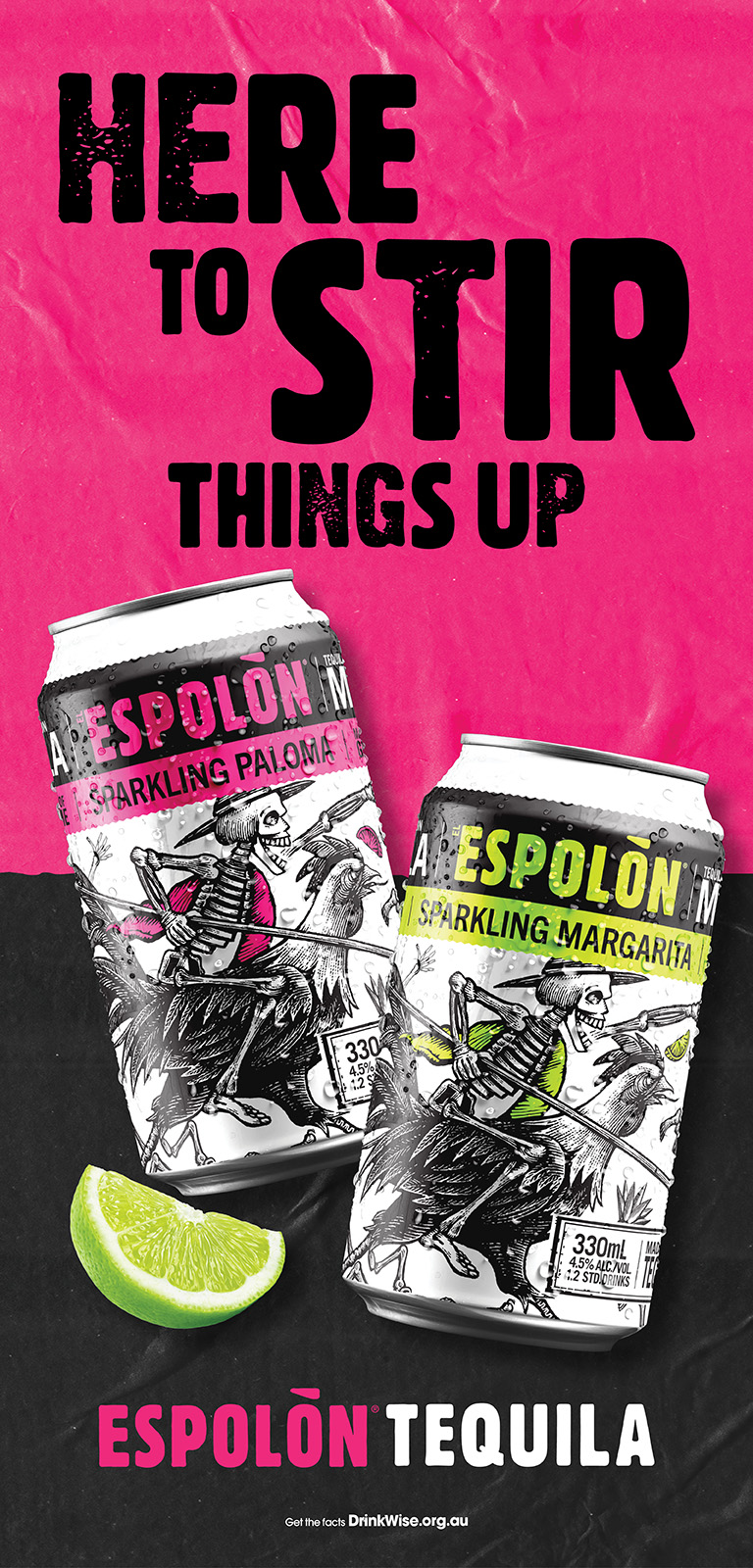Dan Murphy’s has launched Australia’s first large-scale natural cork stopper recycling program in partnership with cork distributor Amorim Australasia and recycling initiative Save Our Soles. The ReCORK program, now live across all stores nationwide, addresses the challenges traditionally faced when recycling natural cork stoppers by repurposing them into mats to be used in store by staff.
“Wine customers will now have the opportunity to contribute to a greener future by dropping off their used corks at Dan Murphy's,” said Tim Stead, CEO at Amorim Australia.
“The corks will be collected, taken to the Save Our Soles factory, broken down into cork granulate, before being sent to be produced into anti-fatigue mats for team members at Dan Murphy’s.”
Despite not being recyclable using traditional methods, cork is still considered the most sustainable form of wine bottle stopper.
“It is natural, renewable, biodegradable and recyclable only through specialist recycling programs,” said Stead.
“Cork forests capture millions of tonnes of CO2 annually, and because the cork trees are not harmed by the harvesting process, this carbon retention activity will benefit many future generations.”
The ReCORK program will repurpose the received corks into cork-composite foot mats made by Save Our Soles that will be distributed among Dan Murphy’s team members.
“The mats produced from the corks we collect will give our team members a new level of comfort while they serve our customers,” said Agi Pfeiffer-Smith, Managing Director at Dan Murphy’s.
“We are focused on reducing our carbon footprint, and finding a way to reuse cork is a no-brainer for us given the role we play in the wine industry, and the sheer number of corks that come through our stores every day.
“Cork is an exceptional product, not only for the crucial role it plays in protecting and preserving many of the wines we drink, but also its unique attributes, which allow it to absorb shocks and impacts, effectively protecting any surface it comes into contact with.”
The ReCORK project is also being supported by the South Australian Government through Green Industries SA’s Circular Economy Market Development grant program. Currently, Australia is responsible for importing approximately 1% of the world’s cork stoppers, or approximately 120 million units.
“This is a great opportunity to support the development of a circular economy that extends the sustainability benefits of natural cork,” said Tim Stead.
Share the content
